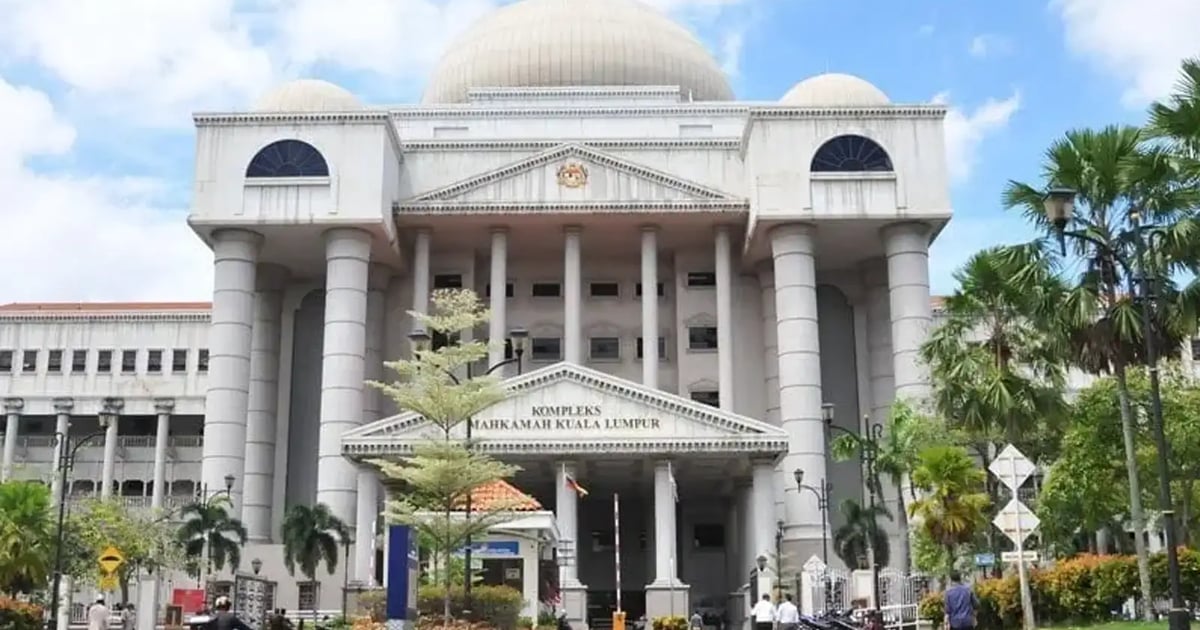
The High Court has rejected a 65-year-old man’s application to backdate his divorce by 24 years in a bid to legitimise his second marriage.
Justice Evrol Mariette Peters said the petitioners, anonymised as HEB and HEM, were granted a decree nisi on June 19, 2000, but did not take steps to make it absolute within the time prescribed under Section 61 of the Law Reform (Marriage and Divorce) Act 1976.
“As a result, the decree remained dormant for over 24 years and was only made absolute in January this year, formally ending the marriage,” she said in a 16-page judgment.
Despite this, the man went on to contract a second marriage in 2001 and had children. The judge said he remained legally married to his first wife throughout as the decree nisi was never made absolute.
Peters said that although the second marriage was null and void, the law provides that its offspring remain legitimate.
In April this year, the husband filed an application seeking to backdate the decree absolute to Aug 8, 2000, in a bid to retrospectively validate his second marriage and regularise the status of their children.
In dismissing the application, Peters, now a Court of Appeal judge, said the failure to make a decree nisi absolute cannot be considered a mere technical error. She said the process was foundational to the structure of divorce proceedings in Malaysia.
The judge said the legislative intent was unequivocal in that the law provides a deliberate two-stage process, a decree nisi pronouncement followed by making that decree absolute.
“This process is to ensure that the decision to divorce is carefully considered and to allow time for possible reconciliation or to address any ancillary matters before the final dissolution.
“To disregard the requirement of making the decree absolute is to ignore the very mechanism by which the legal status of marriage is terminated,” she added.
Peters said the purpose and rationale of the three-month interval underscore that the law does not contemplate — let alone permit — an automatic conversion of the decree nisi into a decree absolute at the end of the period.
“To suggest otherwise would produce untenable and illogical outcomes,” she added.
For example, she said if a party were to apply to make absolute a decree nisi after six months, it would be absurd to suggest that the court must reject the application because the decree nisi had already become absolute at the three-month mark.
She said such a position would be inconsistent with both the statutory framework and the underlying policy considerations.
“The three months are not intended to operate as a deadline, but rather as a minimum interval, which provides space for reflection, and the opportunity to raise any objection or appeal where necessary,” she said.
In the present case, she said the decree nisi was granted on June 19, 2000, which meant that the three-month period would only lapse on Sept 18, 2000.
To suggest that the decree could be made absolute, or retrospectively treated as such, as early as Aug 8, 2000 was, therefore, indefensible, Peters said.
She also said the miscalculation of time was not a mere procedural lapse but a fundamental flaw that undermined the legal basis of the application, adding that it left the application without merit.
“This episode should also serve as a cautionary tale to all parties, that one should not rush into a subsequent marriage without first ensuring that all documentation relating to the prior divorce is properly concluded and in legal order.
“Failure to do so may result in significant legal consequences, including the invalidity of the second marriage and potential personal or financial repercussions,” she added.
She said one only needs to refer to Section 62 of the Law Reform (Marriage and Divorce) Act 1980, which explains that a person is allowed to remarry only after the decree nisi is made absolute.






